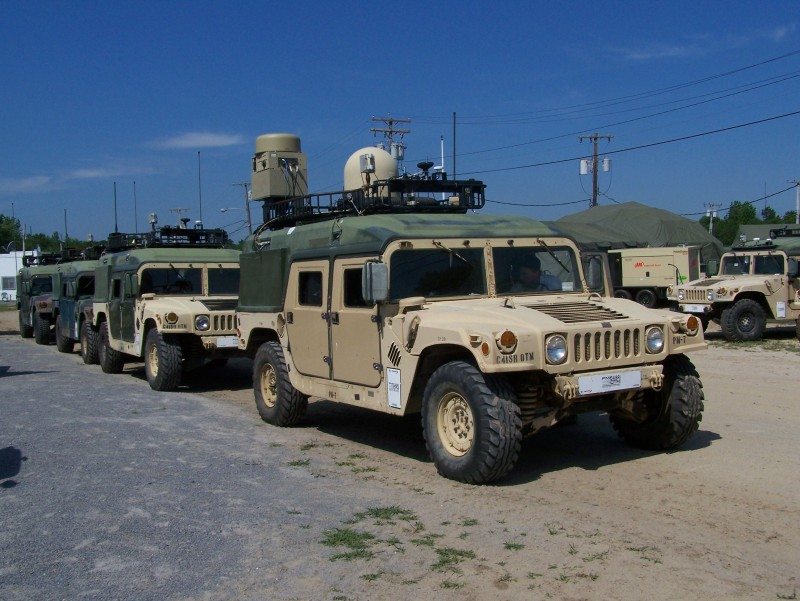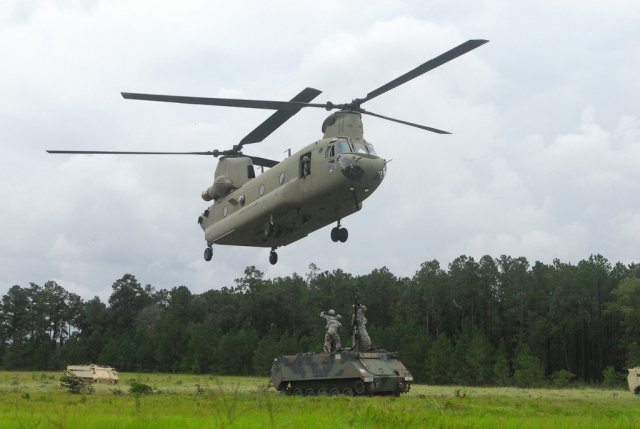Modernization programs and the procurement of advanced platforms have lent momentum to the defence market in Africa and the Middle East. This is particularly true for the Gulf states of Saudi Arabia and the United Arab Emirates, which are looking to develop their military capabilities in the light of civil unrest and international instability.
New analysis from Frost & Sullivan, “The Middle East and Africa Defence Market Assessment,” finds that the market earned revenues of $29.67 billion in 2012 and estimates this to reach $45.49 billion in 2021.
“Political resolve to maintain up-to-date systems drive opportunities in support services and upgrades, especially in long range strike capabilities and air platforms,” said Frost & Sullivan Aerospace and Defence Research Analyst Yasha Izadpanah. “Highest growth is expected in the command, control, communications, computers, intelligence, surveillance and reconnaissance (C4ISR) and support in service segments, with compound annual growth rates (CAGR) of 4.5 per cent and 6.7 per cent respectively between 2012 and 2021.”
While the successful acquisition of these contracts may depend on the ratification of offset agreements, defence companies are finding it difficult to fully implement offset conditions, curbing market growth in the Middle East and Africa.
The market is further restrained by arms regulations in Western countries, which limit the licensing of military technology to the regions. This restriction compels procurement agencies to seek contracts in countries such as Russia or China that employ less stringent controls. The lack of transparency adds to the challenge.
Therefore, relationships between potential suppliers and senior members of government are often necessary to compete in these markets. Collaboration with domestic companies to create sophisticated local solutions that plug into high-end capabilities too is crucial.
“Defence suppliers must also establish a presence in smaller countries where procurement opportunities for modest budgets are available,” proposed Izadpanah. “Return-on-investments may be limited in the short term, but demand in countries like Morocco, Kuwait and South Africa is likely to increase rapidly in the long term.”











